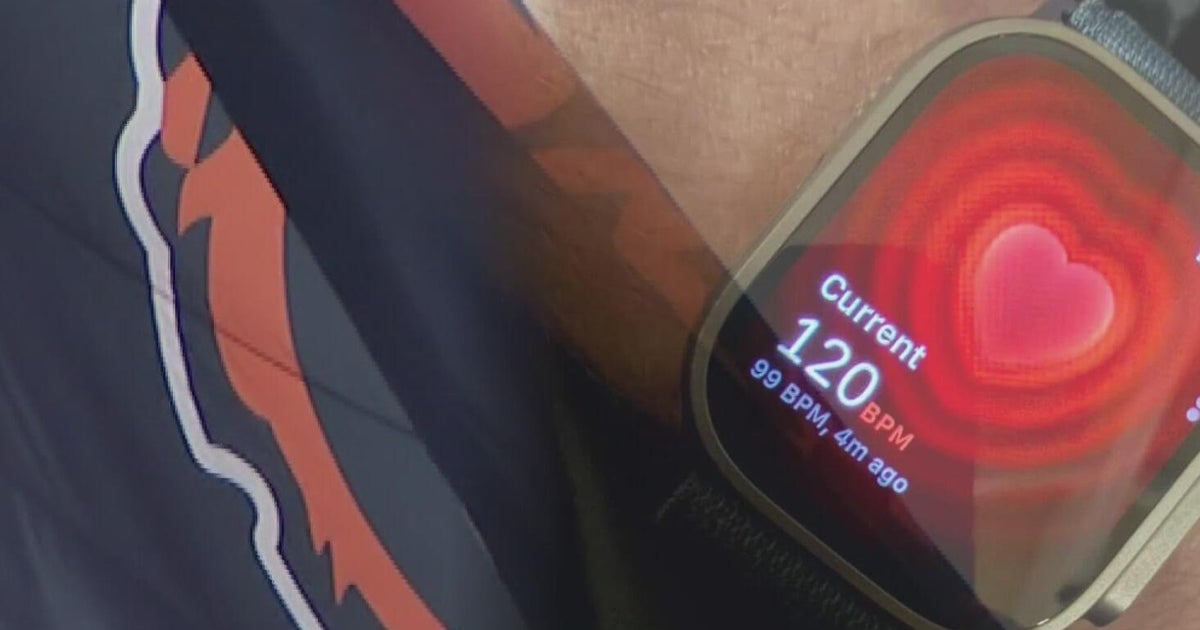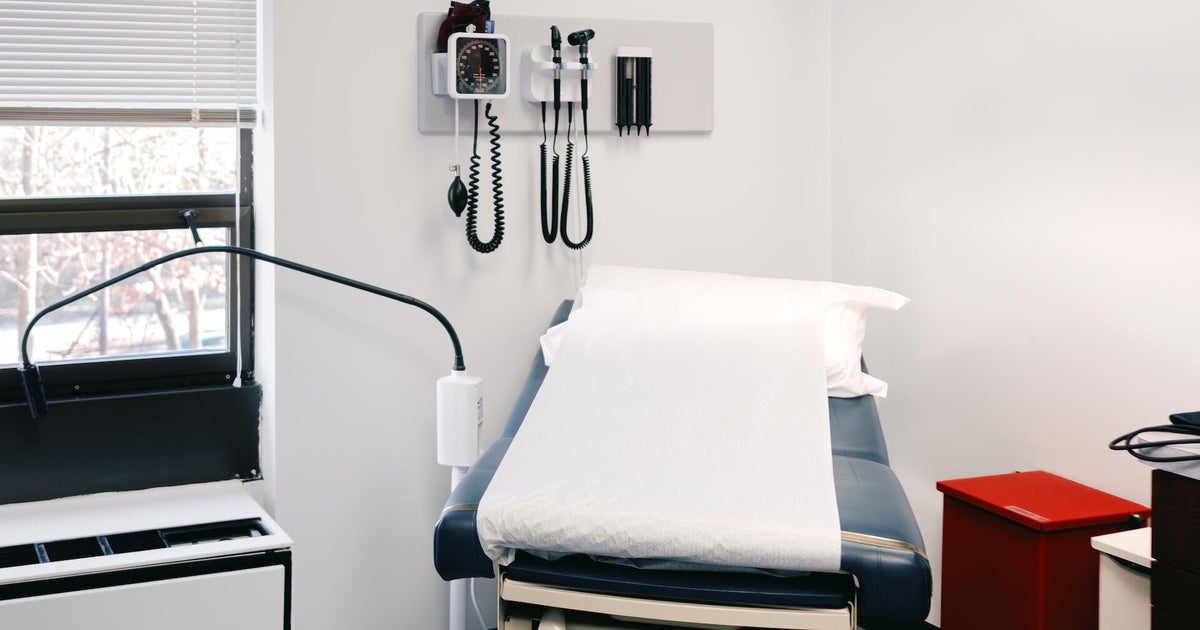Diabetics Turning To Weight Loss Surgery For Help
WESTON (CBS4) - 26-million Americans have diabetes in the United States and about 90-percent have type two diabetes. The condition costs more than 174-billion dollars a year and the problem is only expected to get worse. However, there are some effective treatments.
Shereen Ally, 37, of Miami, was diagnosed with polycystic ovarian syndrome about ten years ago. The hormonal imbalance created what she says is a predisposition to insulin resistance.
"The insulin resistance was I guess giving me a lot of cravings that I shouldn't have like to sugars things like that," said Ally.
Those cravings caused Shereen to pack on the pounds, which increased her blood sugar and labeled her a type two diabetic.
"I was spending a lot of money with trainers and diet medications and pills and programs and then it wasn't really being successful for me," explained Ally.
That's when she decided to have gastric bypass surgery. Her surgeon was Samuel Szonstein with the Cleveland Clinic in Weston.
"Weight loss is not so easy. To stop eating, do exercise there's much more to it. It's multi-factorial, it's emotional, it's social, it is physical, it is medical, it's an addiction, a disease it needs to be treated like one," explained Dr. Szonstein.
Dr. Szonstein says lifestyle changes and diet corrections are the first line of defense. In fact, a recent study published in the Journal of the American Medical Association revealed that a combined exercise program of aerobics and strength training can help lower blood sugar in type two diabetics. Specifically, 100 minutes of aerobics per week and 15-20 minutes of strength training two days a week is now proven to be the best exercise prescription for these diabetics.
But when exercise, diet and medication don't solve the problem, Dr. Szonstein says the best choice is weight loss surgery.
"So far, it has been proven to be the best long term or the most effective long term treatment for diabetes as compared to the medications or to just lifestyle and dietary changes," said Dr. Szonstein.
So far, Shereen has lost more than 100-pounds and is no longer considered a diabetic.
"Now I just feel great," exclaimed Ally. "Even my cravings, the cravings I used to have all day long for sweets that's pretty much gone."
Experts say if the obesity levels in America continue at this pace, one third of Americans will be diabetic by the year 2050.







